On the Revelation of Yahshua Christ, Part 21: The Seven Last Plagues
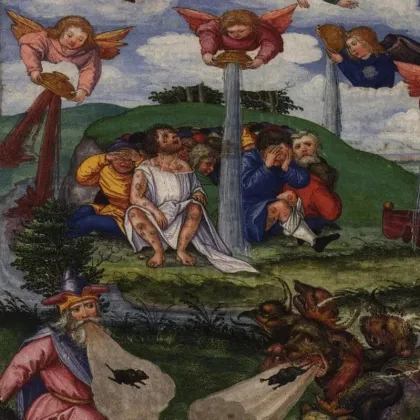
On the Revelation of Yahshua Christ, Part 21: The Seven Last Plagues
The most important aspect of Revelation chapter 15, where we had described the sea of fire and glass as representing the fiery trials which the children of Israel would be about to suffer in this world, as the contents and consequences of the seven vials of the last trumpet are revealed, is the fact that the overcomers of this world order would sing the Song of Moses, and that song was also described as the Song of the Lamb, which is Christ Himself. We must interpret that passage to be referring to the Song of Moses found in Deuteronomy chapter 32, a song which is explicitly attributed to Moses, and not to the song of unknown authorship which Moses and the rest of the Israelites are depicted as having sung after their deliverance from the Egyptians at the crossing of the Red Sea. Then there is also a prayer of Moses in the 90th Psalm, but that is a prayer and not a song, in English, Greek and Hebrew. Yet even the prayer relates to the message in the Song, as Moses requested the blessings of God fall upon the children of Israel.


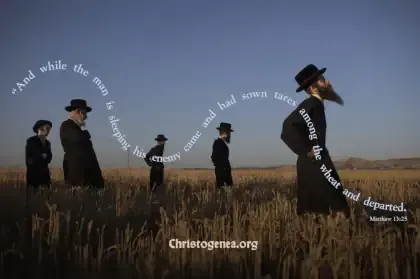


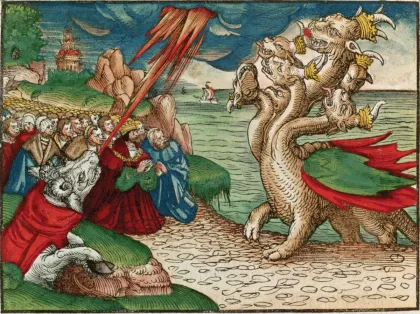
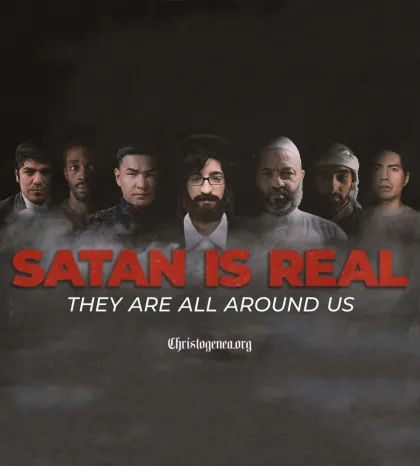

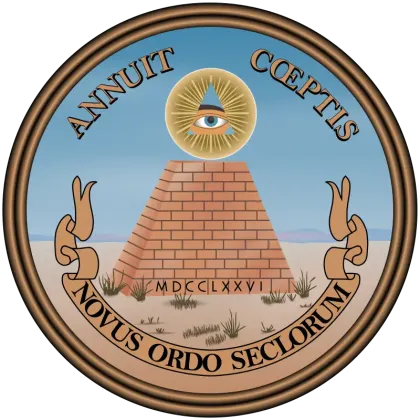





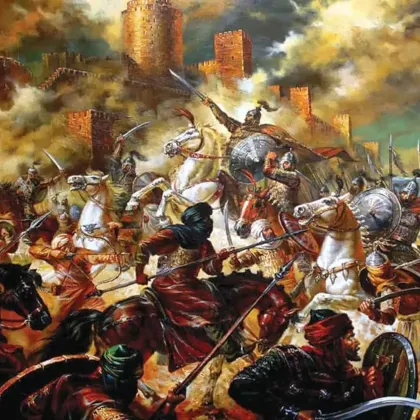
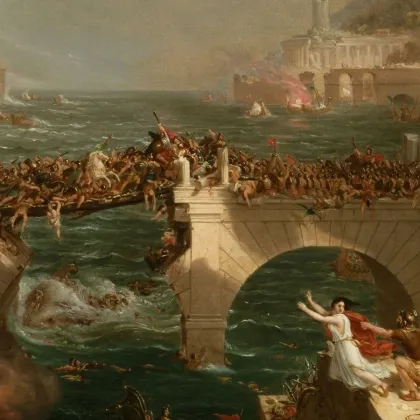

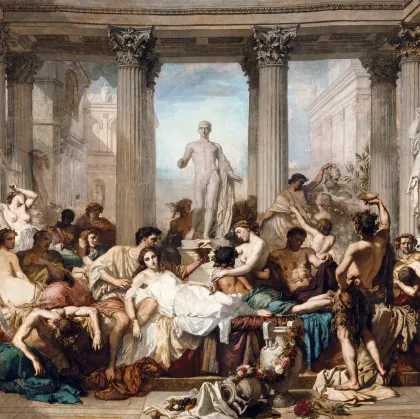

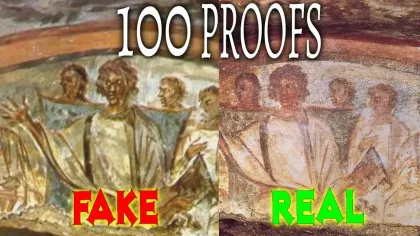




 Please click here for our mailing list sign-up page.
Please click here for our mailing list sign-up page.







